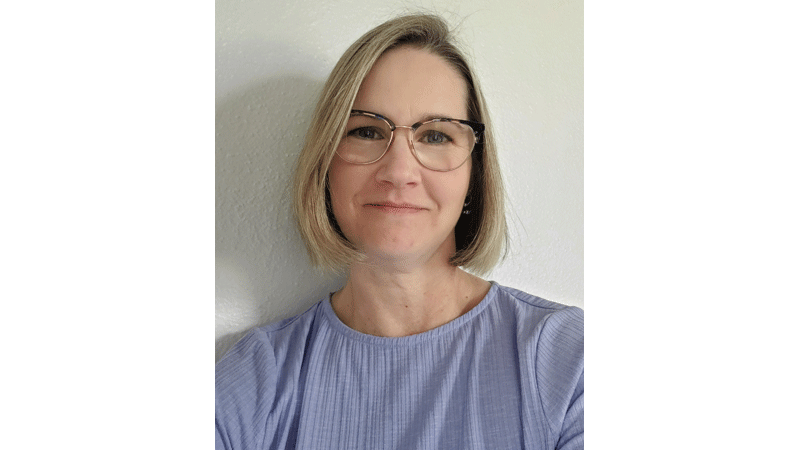Privatizing ABC stores in Virginia makes sense
Published 7:52 am Friday, September 24, 2010
Guest Column
by Michael W. Thompson
Elected officials do well when they stand for basic, common-sense principles. This is why Gov. Bob McDonnell’s concept to privatize the ABC stores makes sense.
The principle in this case is free enterprise. Simply put, the role of government should be enforcement and regulating alcohol sales and not its retail sales or distribution.
Governors Wilder, Allen, Gilmore, Warner and Kaine have all agreed that selling liquor is not a core function of state government. Just because the state makes a tidy profit on selling liquor does not mean the monopoly should be continued.
By this logic the state should monopolize other industries such as convenience stores, print shops, gas stations, etc. Clearly that doesn’t make sense and neither does the state-owned monopoly of selling liquor.
More than 6,500 retail stores here in Virginia — large and small — have experience selling beer and wine in a responsible manner. They also have policies and procedures in place to guard against underage sales. They are held accountable to the existing and vigorous enforcement policies from ABC officials and that enforcement system will remain in place under the privatization plan. With existing stores and employees in place — both existing ABC stores and those selling beer and wine today — virtually no new outlets associated with selling distilled spirits will be required.
The savings derived from a more efficient sales network and retail system will help generate additional state revenue from liquor taxes and store profits. Indeed, the proposal presented by the governor for discussion provide almost the same income to the state.
Consumers will benefit from the ABC privatization.
People are busy, and none of us like making an extra trip for a single product. Having more retail choices where we shop to buy spirits will reduce these extra trips so we can spend more time doing the things we enjoy.
Under the proposed plan, there will be an increase of stores where liquor can be purchased from the current 334 to 1,000. One of the benefits of this privatization plan is that we already have a large number of retail stores that sell beer and wine — around 6,500 — so increasing the outlets for liquor is largely a matter of selecting from existing facilities.
Under privatization we would likely see liquor sold in a combination of wine and beer specialty stores that will now be allowed to also sell potato chips, ice and napkins as well as in existing grocery and big-box stores and convenience stores that will be selected through a competitive licensing process.
It’s important to know that, even when increasing the number of distilled spirits outlets to 1,000, Virginia will still have fewer stores per capita than the average state that controls liquor sales today and far fewer than those 32 states that don’t control liquor sales.
Fully 20 percent of liquor sales today in Northern Virginia is lost to Washington, D.C., and Maryland because the existing ABC stores are not competitive in pricing of the product, and in many areas, are not even conveniently located.
Under ABC privatization a large percentage of those lost sales will be brought to Virginia. And where liquor is purchased so is wine so we will pick up those additional sales as well.
A misconception is that privatization will increase social problems such as alcohol related deaths and binge drinking. The facts from other states give us a different answer. Several studies show that government-controlled retail sales have virtually the same number of alcohol-related deaths and incidents of drinking-related social problems like binge drinking as do states with privatized liquor sales.
It should also be pointed out that alcohol is alcohol — no matter if it’s beer, wine or distilled spirits. The Centers for Disease Control says that one serving of a distilled spirit (1.5-ounces) has the same health effects as a single serving of beer (12-ounce) or wine (5-ounce).
Finally, privatizing ABC stores can provide funding for transportation. The minimum projections for selling retail and wholesale licenses along with selling current assets owned by the ABC monopoly are about $450 million.
Many feel that is a low-ball number and that well over $600 million can be realized up front from the sale of liquor licenses. These monies will be used to start an infrastructure investment bank that will be used to lend money to localities for specific transportation projects.
These monies will be loaned at low interest rates and repaid by the localities so that the funds are continually in use over a long period of time.
So stick to your principles, governor, and let’s hope that the General Assembly follows your lead. There is no reason for the government to be in the business of selling hard liquor, and the numbers that have been developed answer the critics. The state will bring in about the same money under a privately run liquor business as the ABC monopoly does today.
Let’s get out the state out of the commercial liquor business and focus its attention on the core purposes of government.





